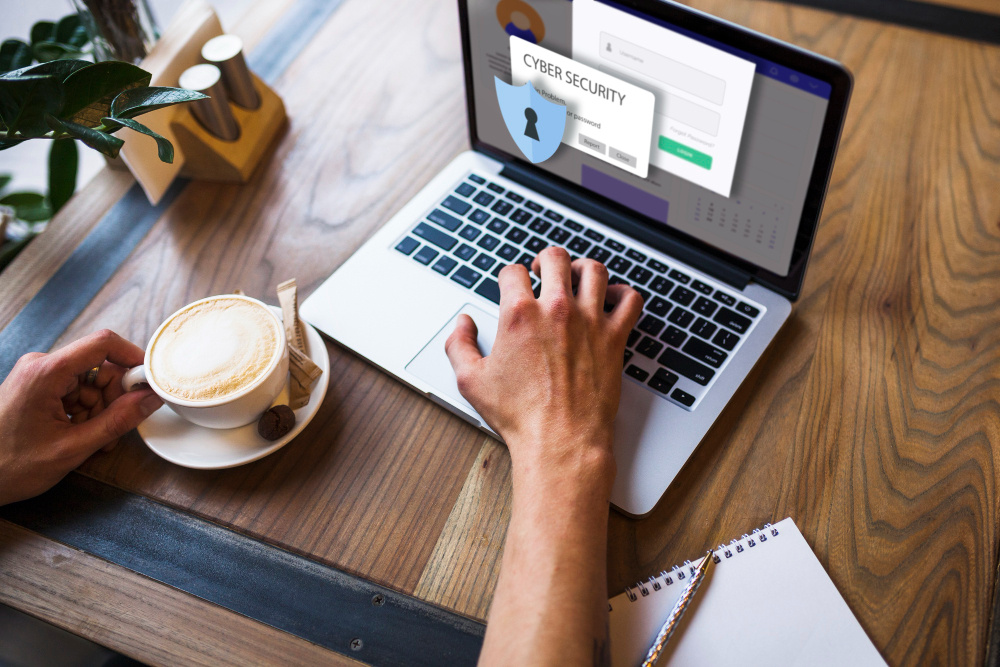The Hidden Danger in Email Links: Phishing attacks are getting trickier, targeting both people and businesses with clever tactics. The aim is to get you to hand over sensitive info by pretending to be someone you trust. Fake websites, often linked in emails, are set up to steal your data. Here's why you should be careful and what you can do to protect yourself from these scams.
What's a Phishing Site? Phishing sites are fake websites that look a lot like the real thing. They might imitate your bank's login page, a social media site, or even an online store. If you enter personal info, like passwords or credit card numbers, it's going straight to cybercriminals.
How Phishing Sites Work: Phishing sites usually come from emails that seem legit. These emails might ask you to "reset your password," "verify your account," or tell you you've "won a prize." Click the link, and you're on a site that looks real but is set up to steal your info. Some phishing sites can even install malware on your device without you realizing it.
Why You Should Be Careful: Clicking links from sketchy emails can lead to:
- Identity Theft: If they steal your personal info, it can be used for all kinds of shady stuff.
- Financial Loss: Phishing attacks can drain your bank account or lead to unauthorized charges.
- Malware Problems: Some sites can sneak in harmful software, compromising your device.
How to Stay Safe: Here's how to steer clear of phishing sites:
- Check the Email Address: Phishing emails often have subtle typos or weird sender addresses.
- Hover Over Links: Before you click, hover over the link to see where it leads. If it looks suspicious, avoid it.
- Use Secure Sites: Look for "https://" in the URL and a lock icon. But remember, even secure-looking sites can be fake.
- Turn on Two-Factor Authentication: This gives you an extra layer of security, even if someone gets your password.
- Trust Your Gut: If something feels off, it probably is. Contact the company directly to verify any requests.
Phishing attacks are becoming more common, and they're not going away. By being careful and following these tips, you can keep your personal information safe. Always think twice before clicking on links from emails or other unverified sources. Stay ahead of the wave.

Comments